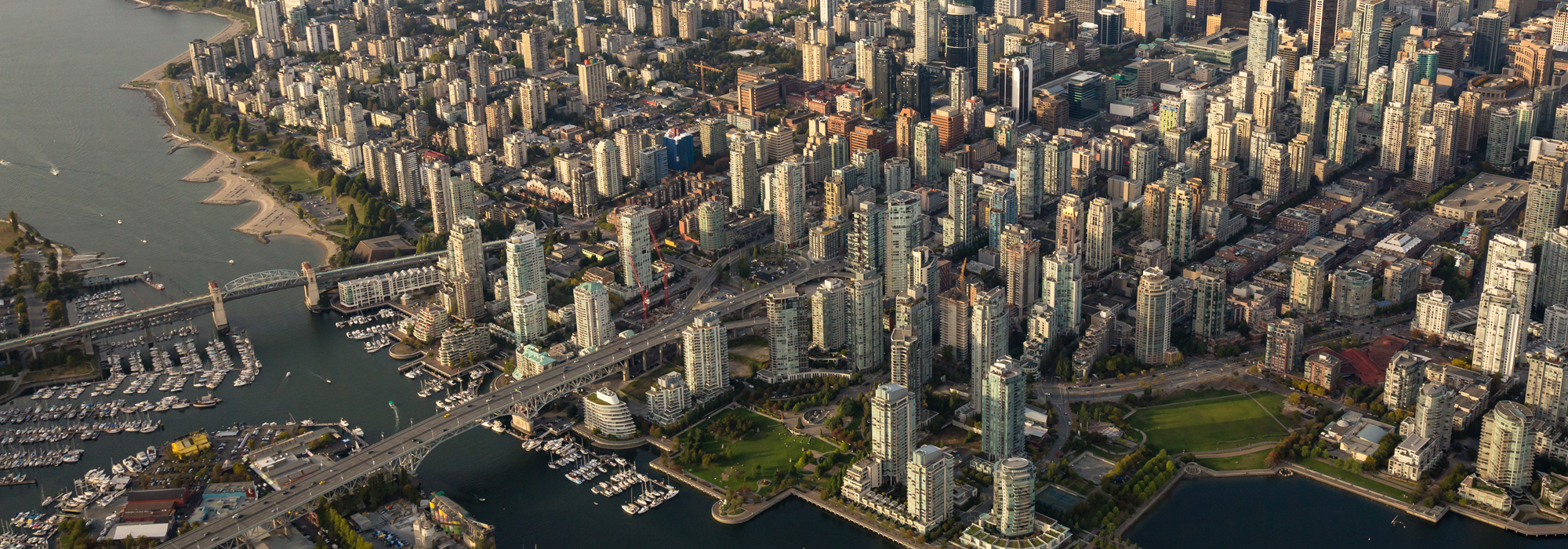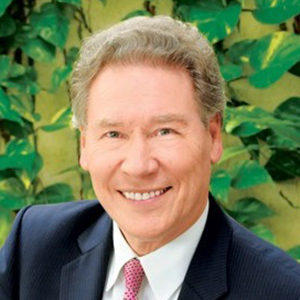
Cold War II has begun, and Iran and Canada are early battlegrounds, albeit of very different orders of magnitude. As the last Cold War showed, nuclear-armed superpowers will do everything they can to avoid direct conflict. In this new version, the battle lines have been clearly drawn in the trade and technology space, with Huawei the current lightning rod in the competition between the US and China.
The detention of Huawei’s chief financial officer in Vancouver on an extradition request from the US, based on alleged fraud in contravention of American sanctions against Iran, shows just how tangled competition is likely to become. China is prosecuting the conflict by punishing Canada as a US surrogate, while the US is punishing both Huawei and its customer Iran. Plus, tensions have multiplied in light of Iran’s nuclear ambitions.
There are three main takeaways for Canada in this: the world order is truly shifting, our current foreign policy is inadequate, and we’re going to have to get serious about defending our interests.
The world order is shifting
That the world order is shifting should be clear to everyone by now. A key catalyst has been a disdainful US president who has shown no compunction about removing the fig leaf of special friendship with Canada or with anyone else.
More broadly, in the struggle for global power, the rise of China has been as clear a trend as the relative decline of the United States. The world that emerged after the collapse of the Soviet Union and the fall of the Berlin Wall in 1991 was never as convincingly unipolar as some observers believed. It took the deadly 9/11 attacks on the World Trade Center and the subsequent ineffective and costly military campaigns in Afghanistan and Iraq to show competitors for power that US hegemony was mostly hollow.
Today, while it is still the dominant power, the US is saddled with an annual budget deficit of around $1 trillion, steadily adding to a cumulative national debt of $22 trillion. These liabilities threaten the foundations of the US dollar, the global reserve currency for trade and a key to the country’s global economic dominance. Recalling the near-catastrophic economic collapse of 2007-08, US President Trump knows that the American colossus can ill afford more foreign adventures. He offers head fakes and retreats instead.
And meanwhile China has been building military bases on reefs in the South China Sea, aiming ultimately to marginalize the US in the region, capture Taiwan, control the international shipping lanes and hamstring Japan. In the process, it is flouting international law and getting away with it.
China has also launched its expansionist Belt and Road Initiative, featuring $1 trillion in proposed projects. With every new port or road it builds in far-flung countries, China extends its power and influence ever outward across Asia and Africa, toward the Middle East and Europe. It keeps Russia onside while using economic levers to make other countries ever more economically dependent, indebted and politically compliant.
But it’s not clear sailing ahead for China, either. The social contract — which turns on allowing citizens to pursue their capitalist economic interests, enjoy the trappings of a consumer lifestyle and travel freely in exchange for strict civil obedience — appears to be on shaky ground. From the people of Hong Kong, Taiwan and Tibet to the Uyghurs of Xinjiang, resistance is all around.
The ultimate superpower flashpoints, the ones that could spark direct conflict, will likely be precisely in places where China attempts to quell its restive peripheral territories or where resistance arises in other land and sea locations along the Belt and Road.
With Russia still in the mix, it makes this Cold War more like three-dimensional chess. Avoiding the “Thucydides trap,” which more often than not results in war when a rising power seeks to displace the entrenched one, will take skilful and serious diplomacy.
Canada’s inadequate foreign policy approach
Canada’s virtue-signalling foreign policy — a values-based approach currently focused on advancing feminism — is inadequate to the challenges of this changing global order.
The whole range of post-Second-World-War treaties and agreements aimed at preserving global peace, promoting common values and regulating trade is under increasing pressure. From the United Nations itself and its many bloated and ineffectual bureaucratic special agencies to the neutered World Trade Organization, the European Union with its Brexit crisis, the underfunded and overextended NATO, the increasingly flouted nonproliferation and nuclear arms control and disarmament treaties — all are either visibly crumbling or silently withering as the horrors of two world wars recede and Wilsonian liberal internationalism itself erodes.
A cast of deplorables has risen to join the ranks of the most notorious bad guys of history. And there’s little hope of using the International Criminal Court against them.
This is the reality.
From such worthy causes as peacekeeping and land mines, to child soldiers and conflict diamonds, to the International Criminal Court, Canadian foreign policy elites have taken satisfaction in believing that this chivalric evangelism means that the country is punching above its weight and is the stuff of great foreign policy.
Alas, it isn’t. Sticking to principles is good, but foreign policy is ultimately about protecting and extending a nation’s and its citizens’ interests. The hackneyed thesis that, for Canada, those interests lie in creating a more stable and just world — even if that were actually possible today — is worthy but clearly insufficient. Each country must also protect and pursue its unique and specific interests.
In this respect, Canada is punching well below its weight. It is the second largest country in the world, with a top-10 economy, massive natural resources and advanced technology, and there should be consequences for abusing it. Sadly, there are none. Not for the US, China, Saudi Arabia or anyone else.
Getting serious about defending Canada’s interests
The country has tremendous assets that go well beyond its prodigious land and water resources. It also enjoys an established democracy, a vibrant civil society and a free and open media, a tradition of freedom and pluralism, and an advantageous geographic location for trade.
But sugar-coating the problem would be counterproductive.
Instead, there is a strong argument for prescribing policies of interests-based self-reliance for Canada based on well-integrated domestic and foreign policies. The action list would be formidable. Devise a national industrial strategy to dominate in selected areas of strength, such as energy, mining, agriculture, fishing, water, financial services and specific advanced technologies such as artificial intelligence and quantum computing. Invigorate domestic markets through interprovincial free trade and transnational infrastructure projects. Diversify export markets for real, incentivizing corporations in strategic sectors where necessary. Increase the country’s population significantly through aggressive immigration, recruiting the best and brightest from everywhere.
Most important, find a way to reallocate fiscal resources and turn the military into a potent offensive and defensive force with the aim of deterring any and all bullies and arm-twisters. Quietly yet deliberately seek to outwit and outcompete any power that threatens Canadian interests, using every means at the country’s disposal.
Alas, that would certainly not be Canada as we know it. It would require re-engineering on a national scale, handicapped by the reality that it takes extraordinary leadership to sell sacrifices in peacetime. And as we know, jurisdictional squabbles would be fierce.
In sum, it seems highly improbable. Yet, if no efforts are made in these directions and if foreign policy leaders continue in their quixotic quest to impose chivalry on international relations — choosing wishful thinking over hard calculation — Canada will most likely suffer many more slashes in future from the whirling blades of change.
Canada is in a tight squeeze between the superpowers. One can only hope that the consequences won’t ultimately prove lethal to the country’s national interests.
Photo: Shutterstock / EB Adventure Photography
Do you have something to say about the article you just read? Be part of the Policy Options discussion, and send in your own submission. Here is a link on how to do it. | Souhaitez-vous réagir à cet article ? Joignez-vous aux débats d’Options politiques et soumettez-nous votre texte en suivant ces directives.








